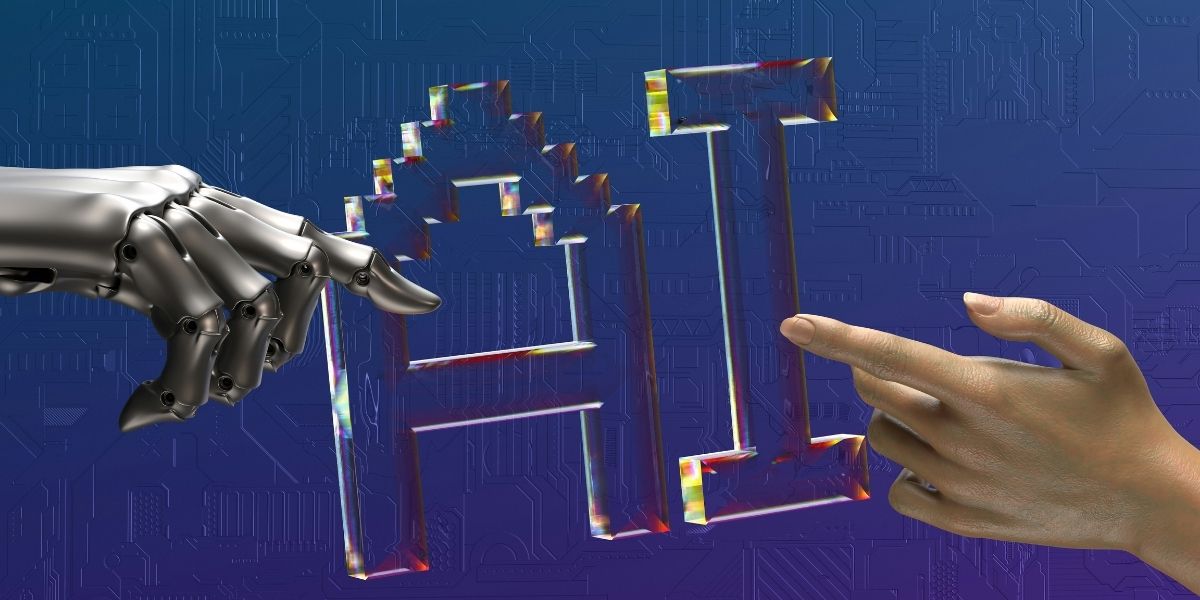By: Steve Hirkson
Artificial Intelligence (AI) is rapidly advancing, with industry leaders placing significant bets on achieving Artificial General Intelligence (AGI)—a level of AI that operates autonomously, generating substantial economic value without human intervention.
Companies like Microsoft, OpenAI, and Google are at the forefront of this high-stakes race, investing billions to revolutionize technology and cement their dominance.
The pursuit of AGI is not just about technological milestones; it’s about defining the future of global economic power, with predictions suggesting that the first to achieve AGI could become the wealthiest entity on the planet.
Dalton Locke, Founder of PONO.ai, believes 2025 will encompass massive change in every area of our lives and business. The question is when AGI will be fully achieved.
“This means AGI needs to operate autonomously and do things without human intervention.”
Locke highlights the immense stakes involved in this race. “Major tech companies, including OpenAI, Microsoft, and Google, are betting on achieving ambitious goals. The company that succeeds in this endeavor could become one of the most influential in the world,” he adds. “It starts to get really stunning after that point.”
While Locke remains cautious about proclaiming AGI’s arrival, he acknowledges significant advancements. “These models are becoming much smarter, and we are getting closer to a place where things feel like AGI. But I don’t know if we’ll fully be there yet.”
The Rise of Home Robotics
Locke sees robotics playing a pivotal role shortly. “I think we’ll start to see a lot more robotics entering our homes, coming from places like Elon Musk’s Tesla,” he says. He envisions robots that move with near-human fluidity, driven by innovative technologies. “They’ll be using water in the actual robotics, making them act and move much like something you’d see from Westworld.”
This evolution in robotics aligns with AI’s increasing integration into daily life. “We’re going to start seeing companies that have been fearing AI have to adapt it into their day-to-day workflow. Most people will have an AI assistant on some level or another,” Locke predicts. “It’ll just be a normal part of work, whether on your computer, phone, or email.”
AI as a Mirror to Ourselves
Beyond productivity, Locke envisions AI transforming how we understand ourselves. “AI will start to reflect our consciousness to us,” he says. “We’ll learn much more about our fears, hopes, and dreams. Achieving our goals will become easier because these reflections will guide us.”
Locke foresees AI-powered platforms becoming deeply personal. “Things like Spotify or other music platforms will become more individualized,” he explains. “AI will tailor experiences to who we are, amplifying our preferences and even teaching us about ourselves.”
The Ubiquity of AI Assistants
Locke believes AI will permeate every facet of technology. “Every software we use will have some type of AI companion or assistant tied to it,” he asserts. “This includes our cars, phones, computers—everything.”
From automating mundane tasks to optimizing workflows, these AI assistants will fundamentally reshape how we work and live. “We’re going to see AI agents working together more in unison, creating efficiencies we’ve never imagined,” he says.
AI Videos and the Question of Reality
As AI-generated content grows more sophisticated, Locke urges caution. “AI videos are going to start taking over in a very serious way,” he warns. “We’ll have to question what we see more than ever before.”
This shift will challenge perceptions of truth and authenticity, compelling society to adopt new frameworks for evaluating information. “It’s going to be a defining moment for how we navigate media and trust in the digital age,” Locke predicts.
The Value-Driven Future of AI
Locke underscores a critical principle guiding AI’s evolution. “The world is only going to give value to what creates value,” he says. This ethos drives the intense competition among tech giants to dominate the AI landscape.
While pursuing AGI remains an industry goal, Locke sees immense potential in today’s AI innovations to transform industries, empower individuals, and bridge the gap between technology and humanity. “These are the moments where we redefine what’s possible,” he concludes.
As Dalton Locke’s predictions illustrate, 2025 promises to be a transformative year for AI. From robotics to personalized platforms and the ongoing quest for AGI, the future of AI will shape not only technology but also the human experience. Locke’s vision challenges us to embrace these changes thoughtfully, balancing innovation with ethical responsibility.
For more insights into Dalton Locke’s work, visit PONO.ai.
Disclaimer: The views expressed in this article are those of Dalton Locke and do not necessarily reflect the views of the organizations mentioned, including Microsoft, OpenAI, Google, or Tesla. The predictions and opinions shared regarding Artificial General Intelligence (AGI), robotics, and AI technologies are speculative and should not be construed as definitive forecasts. The article is for informational purposes only and does not constitute financial, technological, or investment advice. Readers are encouraged to conduct their own research and consult with experts before making any decisions related to AI or emerging technologies.
Published by Elle G.









